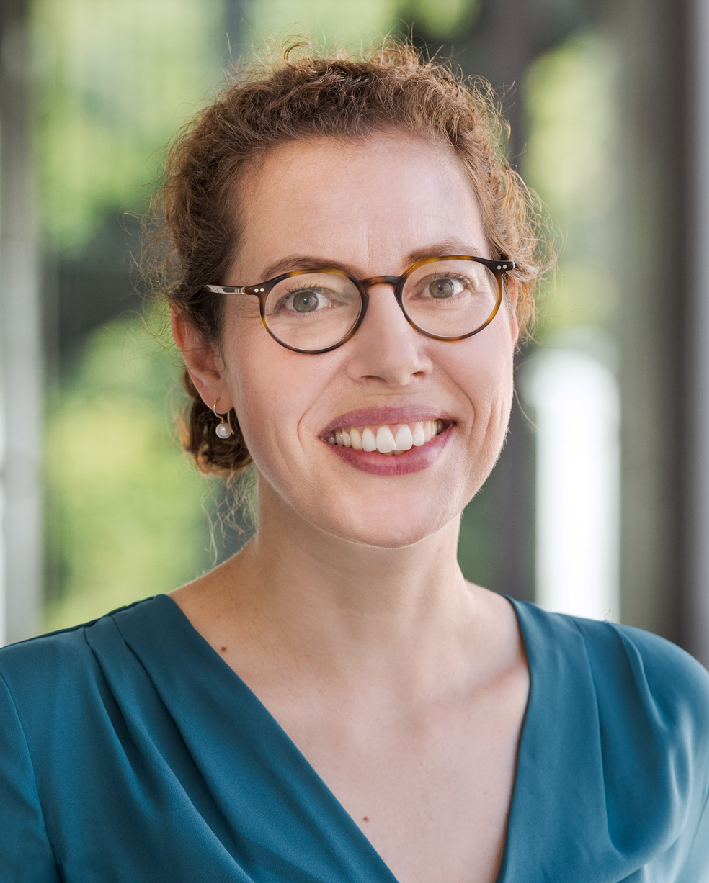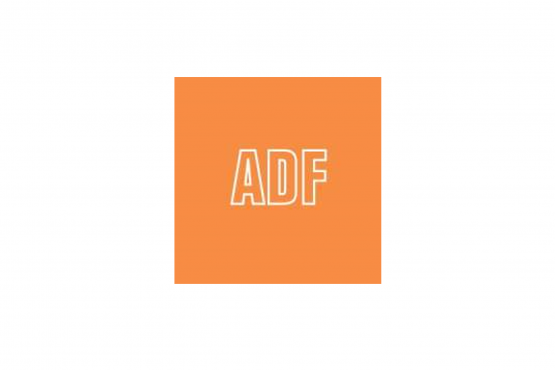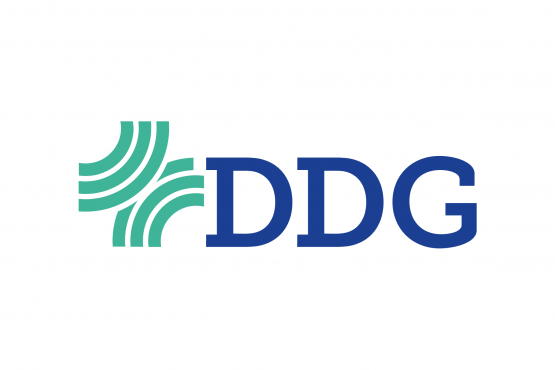Regulation of T cell antitumor immunity by tonicity signals from the tumor microenvironment

Prof. Dr. med. Christina Zielinski
Project Summary
The tumor microenvironment is highly enriched in sodium chloride, but the effect of tonicity signals on anti-tumor immune cell responses remains unexplored. We have shown that hypertonicity modulates T cell signaling and induces a paralyzed anti-inflammatory T cell phenotype. Although this newly-discovered mechanism has dramatic implications for tumor control, the molecular sensors and effectors that couple hypertonicity to T cell paralysis are unclear. The project will investigate how a sodium chloride rich tumor microenvironment impairs productive TCR signals and T cell effector functions in humans with a particular focus on melanoma.
Professor Dr. Christina Zielinski leads the new department “Infection Immunology” at the Leibniz Institute for Natural Product Research and Infection Biology - Hans Knöll Institute - (Leibniz-HKI) since the beginning of this year and accepted the W3 professorship of the same name at Friedrich Schiller University.
To promote scientific work in the field of dermatology, the ADF (Dermatological Research Working Group) announces an annual research award.
Awarded by the Ingrid zu Solms Foundation for a pioneering, original scientific work by a young researcher who works in the field of basic research in clinical medicine or medical psychotherapy.
With the German Atopic Dermatitis Prize, the German Dermatological Society (DDG) honors outstanding, innovative research work and projects on the topic of atopic dermatitis.
Salt apparently affects allergic immune reactions. A team working with Prof. Christina Zielinski at the Technical University of Munich (TUM) has demonstrated in cell cultures that salt leads to the formation of Th2 cells. These immune cells are active in allergic conditions such as atopic dermatitis.
de Almeida, G.P., Lichtner, P., Eckstein, G., Brinkschmidt, T., Chu, C.F., Sun, S., Reinhard, J., Madler, S.C., Kloeppel, M., Verbeek, M., Zielinski, C.E. (2022). Sci Immunol 7, eabe2634.
DOI:10.1126/sciimmunol.abe2634
A20 and ABIN-1 cooperate in balancing CBM complex-triggered NF-kappaB signaling in activated T cells
Yin, H., Karayel, O., Chao, Y.Y., Seeholzer, T., Hamp, I., Plettenburg, O., Gehring, T., Zielinski, C., Mann, M., Krappmann, D. (2022). Cell Mol Life Sci 79, 112.
DOI:10.1007/s00018-022-04154-z
Arunkumar, M., Zielinski, C.E. (2021). Cells 10.
Zielinski, C.E. (2021). Cells 10.
Chu, C.F., Sabath, F., Fibi-Smetana, S., Sun, S., Ollinger, R., Noessner, E., Chao, Y.Y., Rinke, L., Winheim, E., Rad, R., Krug, A.B., Taher, L., Zielinski, C.E. (2021). Frontiers in Immunology 12.
Matthias, J., Heink, S., Picard, F., Zeitrag, J., Kolz, A., Chao, Y. Y., Soll, D., de Almeida, G. P., Glasmacher, E., Jacobsen, I. D., Riedel, T., Peters, A., Floess, S., Huehn, J., Baumjohann, D., Huber, M., Korn, T., Zielinski, C. E. (2020). J Clin Invest 130, 4587-4600.
DOI:10.1172/JCI137786(link is external)
Palit, S., Heuser, C., de Almeida, G.P., Theis, F.J., Zielinski, C.E. (2019). Front Immunol 10, 1515.
DOI: 10.3389/fimmu.2019.01515(link is external)
Matthias, J. and Zielinski, C.E. (2019). Eur J Immunol 49, 1321-1333.
DOI: 10.1002/eji.201848011(link is external)
Matthias, J., Maul, J., Noster, R., Meinl, H., Chao, Y.Y., Gerstenberg, H., Jeschke, F., Gasparoni, G., Welle, A., Walter, J., Nordstrom, K., Eberhardt, K., Renisch, D., Donakonda, S., Knolle, P., Soll, D., Grabbe, S., Garzorz-Stark, N., Eyerich, K., Biedermann, T., Baumjohann, D., Zielinski, C.E. (2019). Sci Transl Med 11.
DOI: 10.1126/scitranslmed.aau0683(link is external)






